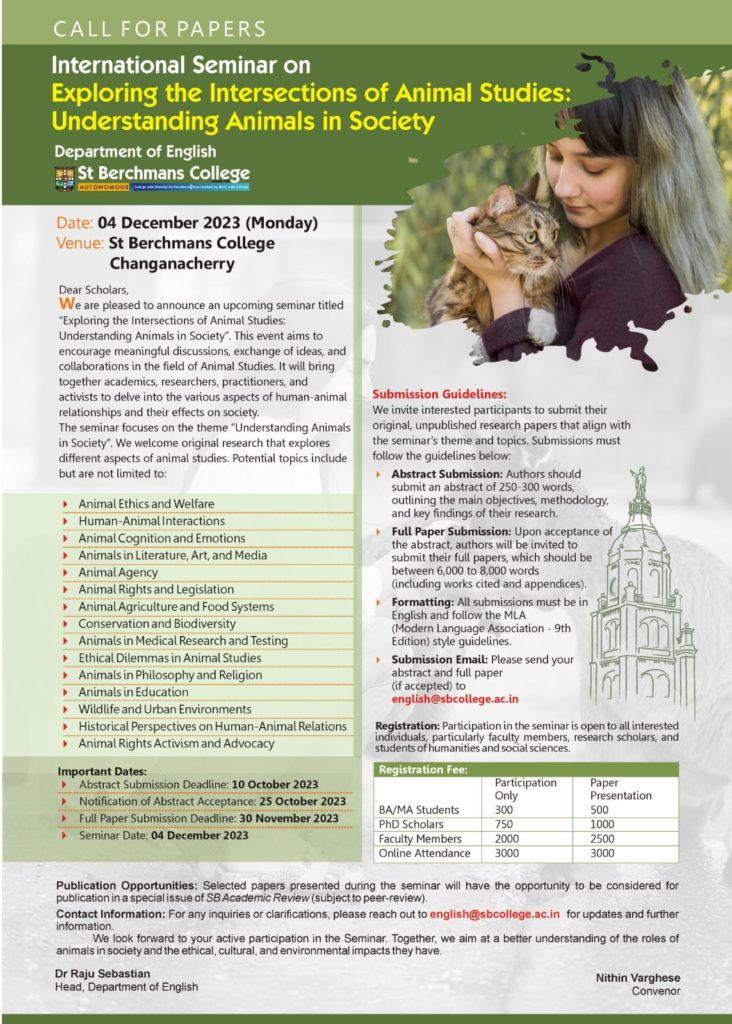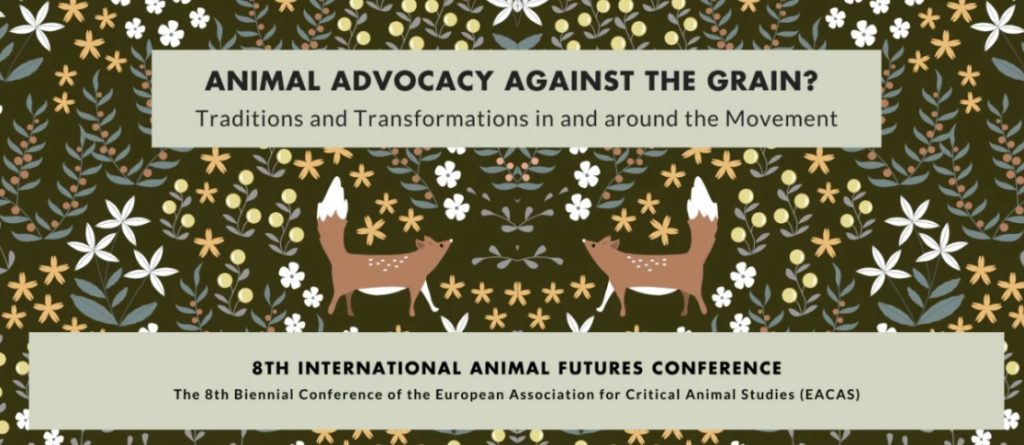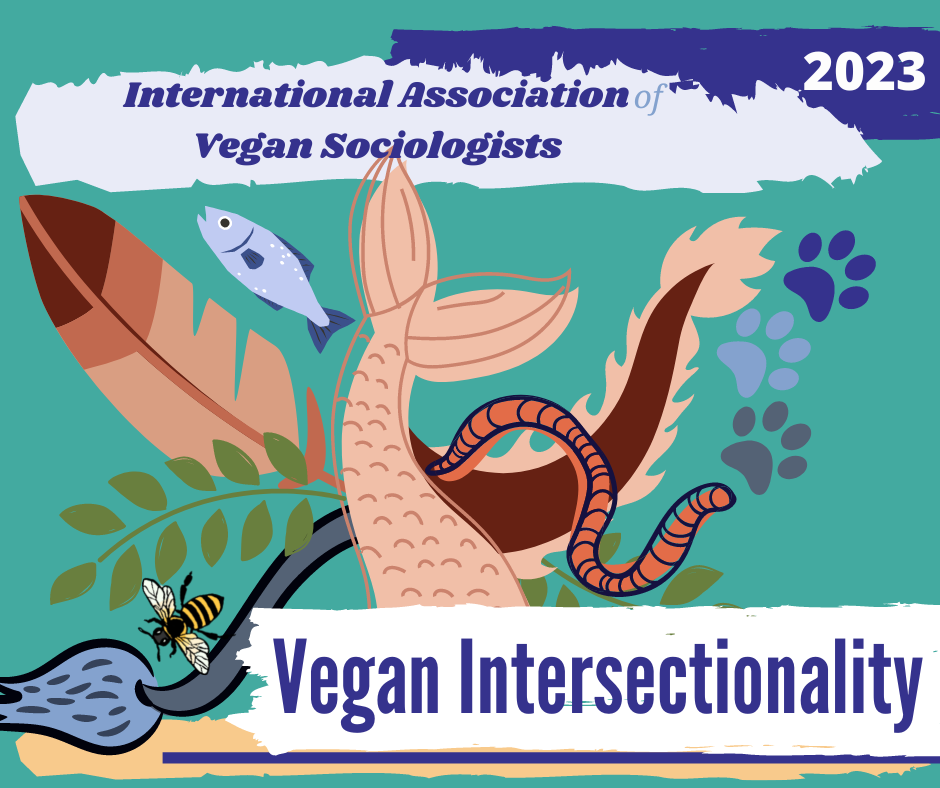Call for Session Proposals and Abstracts: EACAS Conference 2025 in Berlin, Germany
Deadline: January 31, 2025
The European Association for Critical Animal Studies (EACAS) invites session proposals and abstracts for the upcoming conference, “Actioning Change Through Education: Transforming Human-Animal Relations in Times of Crisis”, to be held in Berlin, Germany from May 2–4, 2025.
The conference will explore meaningful improvements to human-animal relationships with a focus on practical solutions.
Key questions include:
– What role can education play in fostering just relationships between humans and other animals?
– What societal shifts are required for an ethical and sustainable coexistence with nonhuman animals?
– How do we connect different struggles for social justice by addressing how deeply intertwined the well-being of humans, nonhumans and our shared planet is?
– What kind of policy changes and practices are best suited to increase public awareness of the interdependence of human, animal and planetary health?
This conference emphasizes actionable approaches over theoretical discussions. Proposals offering hands-on insights, concrete strategies, and real-world examples are especially encouraged. Bridging academia and practice is essential to driving lasting change.
Possible Topics Include:
– Public education on animal justice and environmental sustainability
– Policy and legal frameworks to protect animals and ecosystems
– The role of media and culture in shaping perceptions of nonhuman animals
– Strategies for promoting plant-based diets and addressing animal exploitation
– Cultivating empathy and raising awareness of interconnectedness with nature
We invite scholars, activists, educators, policymakers, practitioners, and artists to submit proposals focusing on actionable ideas and tangible outcomes.
Submission Guidelines
Session Proposals:
Submit a session proposal (maximum 500 words) along with a brief biography of each session chair to Dr. Kathrin Herrmann, Email: kherrma1@jhu.edu. Sessions are 120 minutes, with formats such as four 20-minute presentations followed by a 10-minute discussion or a panel format.
Abstracts:
Submit an abstract (maximum 300 words) for a 20-minute paper to kherrma1@jhu.edu. Include a separate document with your name, email, institution, and short biography.
Deadline: January 31, 2025.
Decisions will be communicated in mid-February 2025.
Further details on registration will follow.
For more information, please contact: kherrma1@jhu.edu





